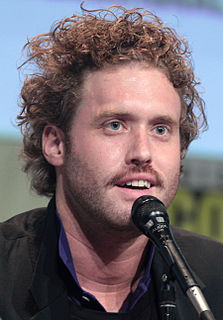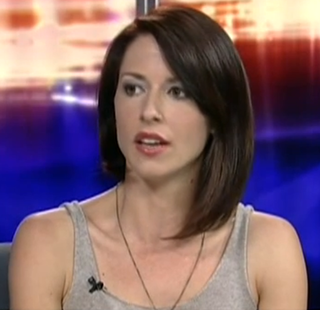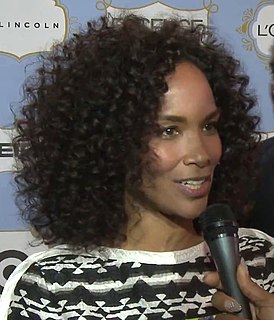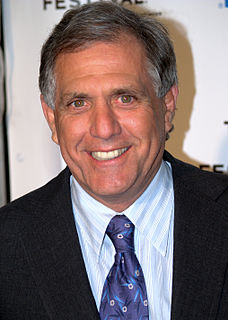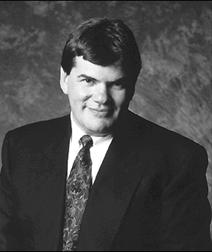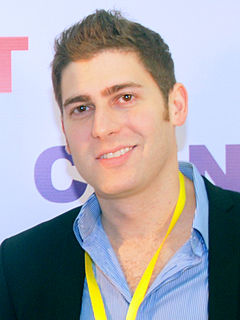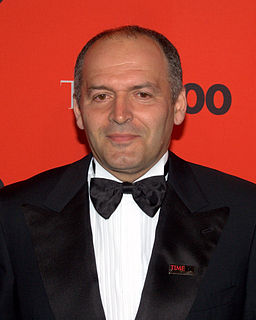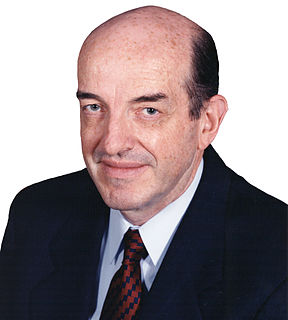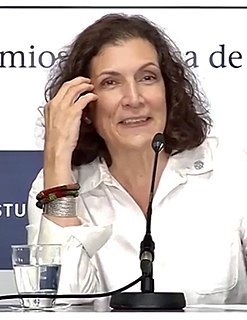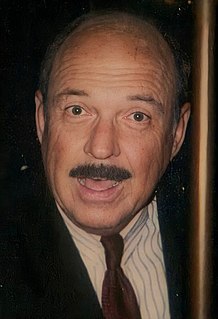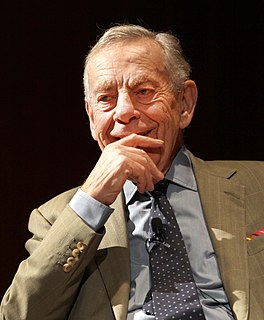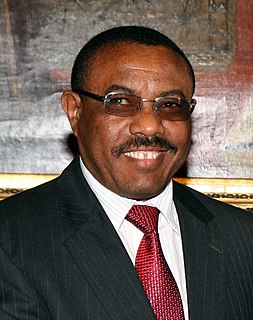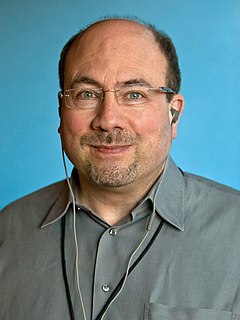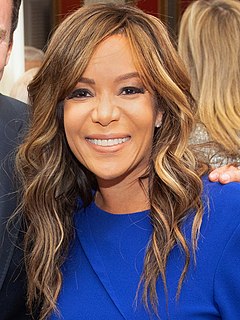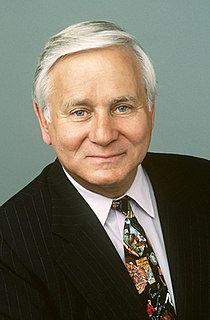Top 1200 Citizen Journalism Quotes & Sayings
Explore popular Citizen Journalism quotes.
Last updated on April 14, 2025.
Journalism continues to go south, thanks to big media and its strangulation of news, and there's not much left in the way of community or local media. Add to that an internet that has not even started thinking seriously about how it supports journalism. You have these big companies like Google and Facebook who run the news and sell all the ads next to it, but what do they put back into journalism? It isn't much.
Every journalism bromide - speaking truth to power, comforting the afflicted, afflicting the powerful - that otherwise would be hopelessly sappy to a journalist of any experience, has become a Twitter grail. The true business of journalism has become obscured because there is really no longer a journalism business.
A free citizen in a free state, it seems to me, has an inalienable right to play with whomsoever he will, so long as he does not disturb the general peace. If any other citizen, offended by the spectacle, makes a pother, then that other citizen, and not the man exercising his inalienable right, should be put down by the police.
Why did I become a Canadian citizen? Not because I was rejecting being a U.S. citizen. At the time when I became a Canadian citizen, you couldn't be a dual citizen. Now you can. So I had to be one or the other. But the reason I became a Canadian citizen was because it simply seemed so abnormal to me not to be able to vote.
I was in the journalism program in college and had some internships in print journalism during the summers. The plan was to go to Columbia University Graduate School of Journalism to learn broadcasting after I graduated. I was enrolled and everything, but ultimately decided that I could never afford to pay back the loan I'd have to take out.
I finished high school and studied at the University of Nebraska in the school of journalism, which really turned me onto journalism. I never finished, but the very little that I did learn in two-and-a-half-years prepared me for a career in legitimate journalism, which included WWE, AWA, WCW, and everything in-between.
Anyone who does investigative journalism is not in it for the money. Investigative journalism by nature is the most work intensive kind of journalism you can take on. That's why you see less and less investigative journalism at newspapers and magazines. No matter what you're paid for it, you put in so many man-hours it's one of the least lucrative aspects of journalism you can take on.
Government force is derived from the sum of the physical force each citizen could exert which by one citizen himself would be ineffective, but when summed from the force of all the area's citizens indeed composes a power no citizen or group can withstand. That force is then rightly but justly to be used against those who violate the foundation pillars of freedom.
I got in journalism for any number of reasons, not least because it's so much fun. Journalism should be in the business of putting pressure on power, finding out the truth, of shining a light on injustice, of, when appropriate, being amusing and entertaining - it's a complicated and varied beast, journalism.

